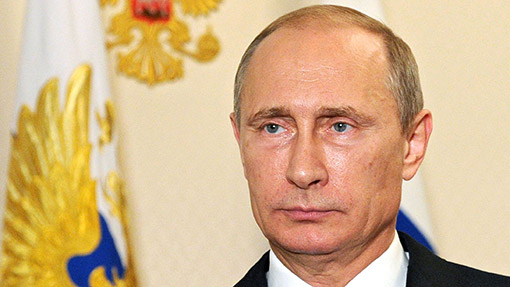Russia bans Western farming imports over Crimea crisis

Russia has retaliated to Western economic sanctions by banning imports of fruit, vegetables, meat, fish, milk and dairy from the EU, the USA, Australia, Canada and Norway.
The country’s prime minister Dmitry Medvedev told a government meeting on Thursday that the ban would start today (7 August) and would last for a year.
On Wednesday, Russian president Vladimir Putin ordered officials to prepare a list of barred products in response to Western actions taken after the federation’s annexation of Crimea and support for Ukrainian rebels.
“There is nothing good in sanctions and it wasn’t an easy decision to take, but we had to do it,” Mr Medvedev said.
See also: Strong pound adds farmgate price pressure
In the past month Russia has raised different restrictions on agricultural shipments after the EU and USA hit the country with trade and financial sanctions.
It had already banned some imports from Romania, Poland, Latvia, Ukraine and Moldova.
Russia imports about 40% of its food and drink. It is Europe’s agricultural second-biggest export market and is most important for fruit and vegetable sales.
In 2013 exports from the EU-28 to Russia totalled:
- €769m (£612m) of vegetables
- €1.3bn (£1bn) of fruit
- €1.3bn (£1bn) of dairy products (including €985m (£782m) of cheese and €144m (£114m) of butter)
- €969m (£770m) of pork
- €110m (£87m) of fresh and frozen beef
- €78m (£62m) of poultrymeat
Russia is not a major destination for British farming exports.
Top exports from the UK to Russia in 2013 included €6.8m (£5.4m) of cheese, €1.8m (£1.4m) of poultrymeat and €1m (£0.8m) of vegetables.
But world trade flows could be affected by big agricultural exporters such as the USA having to find new homes for their products.
